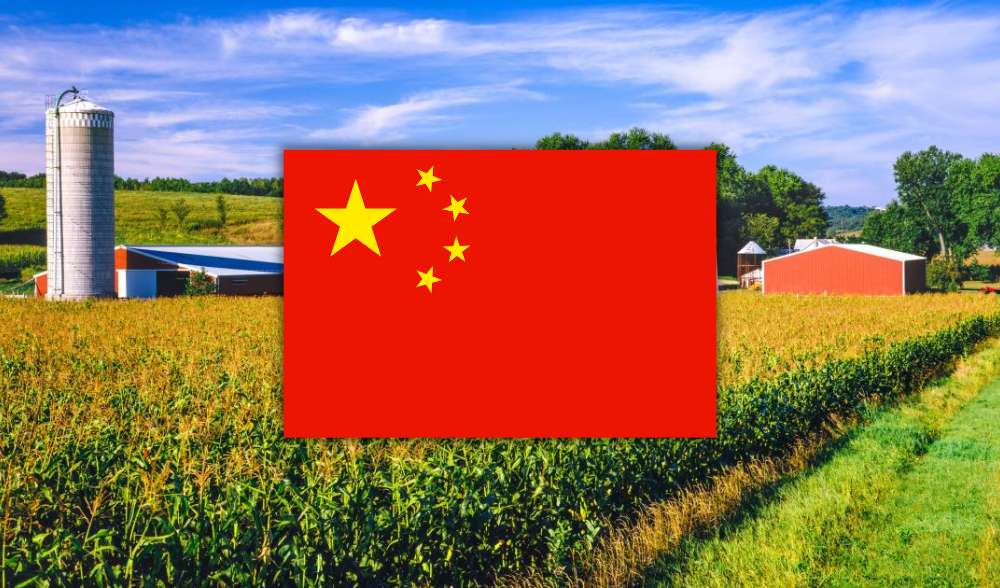ISMAEL HAMMOUNAÏCHA WRITES – It’s hardly any secret that Chinese corporations and overseas partners have been allocating capital in international investments around the globe. In line with China’s Belt and Road Initiative (BRI), a central component of Xi Jinping’s “Major Country Diplomacy,” these investments are aimed at China’s undertaking of a greater leadership role for global affairs in accordance with its rising power and status.
These investments include infrastructure projects such as ports, railways, highways, power stations, aviation and telecommunications. Incredibly, 147 countries have officially joined the BRI, and more than 20 United Nations agencies are involved – purportedly to maintain a balance between economic development and social and environmental safety.
Though the list of worldwide partners is extensive, recent Chinese investment touches even over nations reluctant to participate in the BRI, such as the US. The increase of China’s economic dominance has been interpreted as a threat for US officials for many years, and the latest shift in their economic growth is ringing the alarm on both sides of the aisle. A fascinating recent example is that China is acquiring hundreds of thousands of acres of US farmland.
Among some U.S. politicians, these acquisitions are harvesting new notions of a Chinese conspiracy. Texas congressman Mike Waltz, for one, sees it as part of a strategy to replace the United States as a global power, in part by seeking to dominate America’s supply chain at every point. He argues that China’s efforts to dominate the US economically by grabbing major control of the country’s supply chain (especially food supply) might well render America incapable of even considering a military response in the event of a crisis.
No less than 300 acres of land have been recently acquired by Chinese food manufacturer Fufeng Group in North Dakota with the announced intention to establishing a corn milling plant. However, the company’s ties to Beijing and the location of the 300-acre site about 20 minutes from the Grand Forks Air Force Base have led to national security concerns in Washington DC, where some in the intelligence community warn that the deal should be blocked because it could offer Chinese spies unprecedented access to the American base. Such concerns have been denied by Fufeng’s American subsidiary. And positive interest in moving forward has been shown by Grand Forks’ Mayor for its obvious potential growth. So it could still happen, but North Dakota’s junior Senator Kevin Cramer, a Republican, opposes the project, despite potential economic benefits it might bring, seconding the US-China Economic and Security Review Commission’s report showing security-related concerns for the project in late May 2022.
How does one balance national security concern with economic development potential? National security concerns should never be blithely dismissed, but the Trojan horse-like alarmism that China could take control of America’s food supply chain doesn’t hold up. According to a 2020 report from the US Department of Agriculture, foreign holdings account for only 2.9% of US farmland, and most of that come from US allies and friendly nations.
Still, pressure to limit foreign ownership of American farmland and federal aid has been a bipartisan effort. The lack of transparency in the disclosure of detailed intended use of newly purchased farmland doesn’t help, leading to suspicions that inevitably fuel those conspiracy theories. While further legislation must be developed to improve the oversight and tackle the situation, caution is hardly irrational.
But there’s another worry: Asian-Americans already face discrimination. Codifying new laws on Chinese nationals must be avoided to the extent possible. The key is in taking steps toward fair and safe ownership and land-use of American farmland while staying vigilant and away from Sinophobic tendencies. Without fairness and balance, the Fufeng Project in North Dakota could wind up harvesting nothing but shame.
Ismael Hammounaïcha is a contributing writer to Asia Media International.

